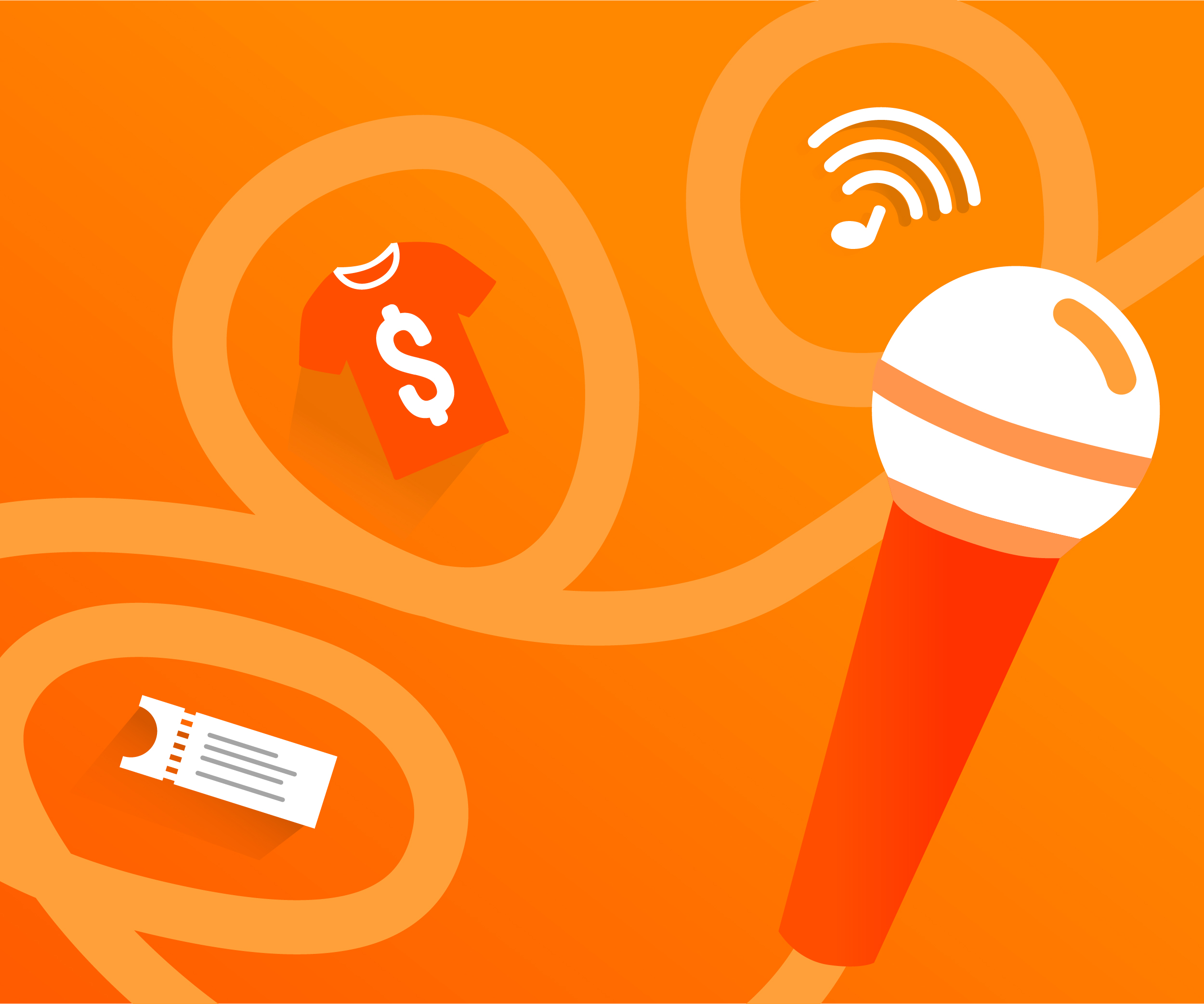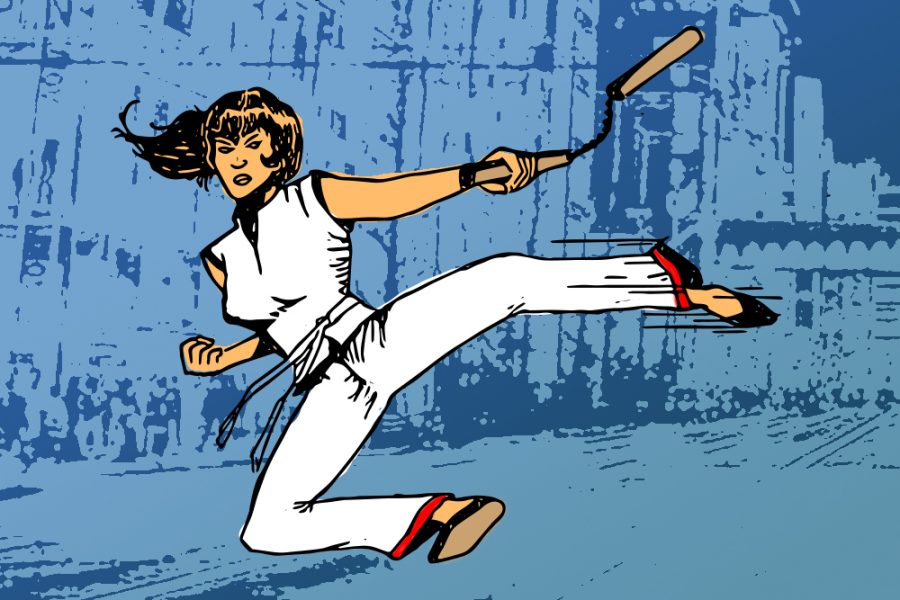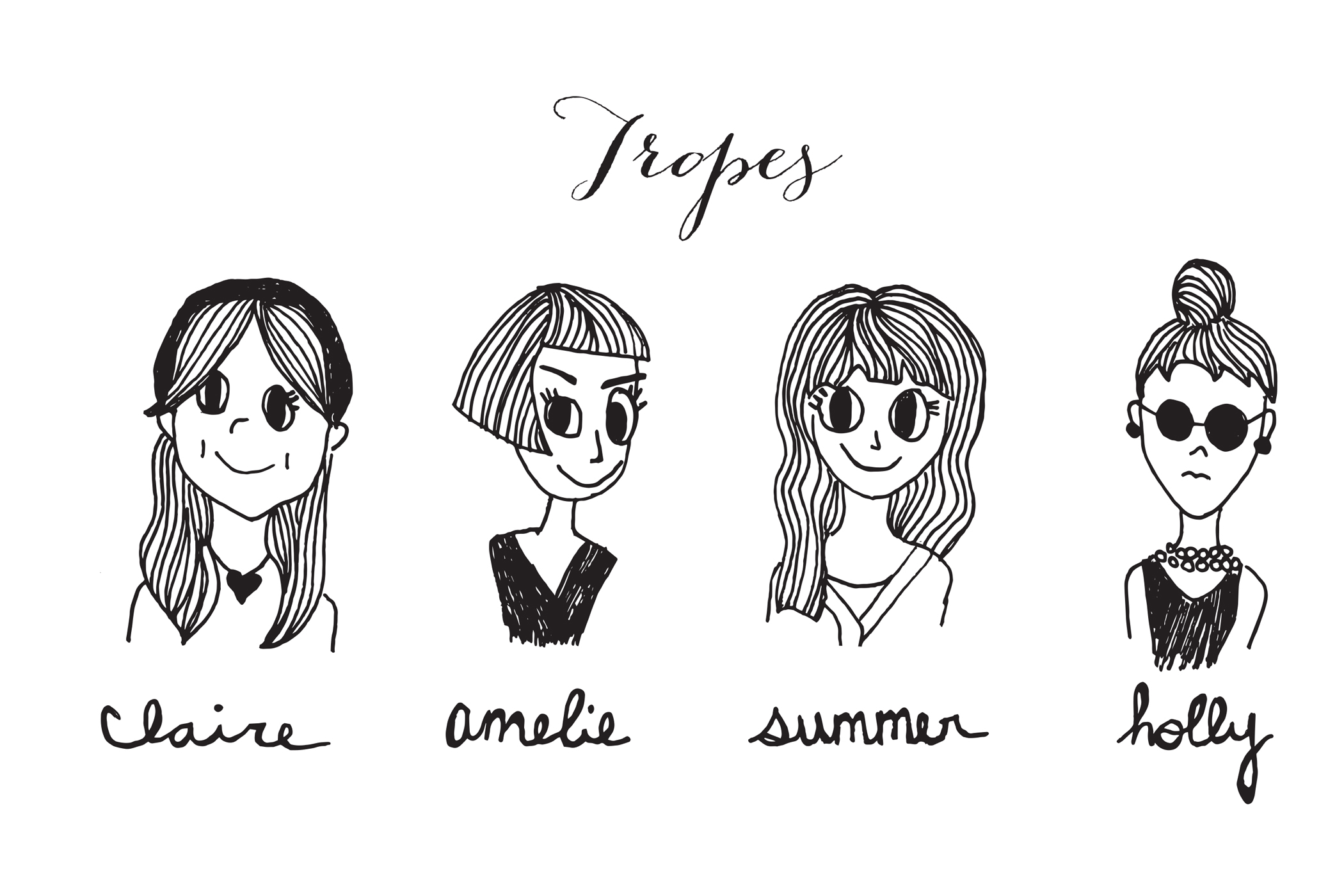In the age of digital streaming, artists are not getting paid. Music no longer speaks for itself.
Streaming services such as Apple Music or Spotify are arguably one of the greatest things to happen for music consumers. The unfortunate reality is the artists that we love are being severely underpaid. The industry is being crafted to require endless content and performance for artist without paying them their worth.
According to research conducted by Insights, the individual American listened to an average of 32 hours per week in 2017, and that number is constantly increasing.
Here’s the math: Spotify pays about $0.006–0.0084 per stream to the holder of music rights, and Apple Music pays $0.0064–0.00783 per stream. The “holder” can be split among the record label, producers, artists and songwriters. In short, streaming is a volume game.
To put things into perspective, 1 million streams on Spotify or Apple Music would equate to approximately $7,000.
For example, in an article published by TIME, they revealed what some of the top artists in this world make off streams. Taylor Swift earned between $280,000–390,000 for her song “Shake It Off,” which garnered 46.3 million streams. Ariana Grande’s song “Break Free” garnered 30.6 million streams and made a profit between $180,000–260,000.
Grande and Swift are two of the biggest pop stars in the world. When you consider the time period in which these streams took place and the number of people who required a percentage of the streaming revenue, the profit is still minuscule.
When it comes to less established artists, the struggle in turning a profit is exponentially more difficult. If you are an unsigned artist who has to pay for studio time, beats/instrumentals, promotional content and any possible creatives that aid you in the process—there is almost no money left for you. In addition to this, new artists don’t have the infrastructure or fan base to guarantee millions of streams and most don’t have the luxury of not profiting off their music.
It’s an awkward era for the music industry. Music is more accessible to consumers than ever before, yet artists are struggling and left in the dust even with a hit song. When people bought albums whether digitally or physically, there was a glimmer of hope that a musician could earn a decent income on sales. However, musicians are now essentially giving away their music in return for pennies.
The struggling musician trope is not a new concept by any means, but these artists are not struggling because of their music.
In order to be a successful musician, you have to do more than just make music. You have to be a brand—a brand that generates revenue. The money won’t come from your music, but it could come from sponsorships, brand deals and concerts. Social media is an artist’s best friend, from promoting your music to announcing tours.
Spotify, Apple Music and other streaming services should raise rates considerably so that artists can make more money from their music. Understandably a company cannot raise their rates without taking some sort of hit themselves. It’s no secret that the streaming business model isn’t the most profitable.
Spotify, for example, is still losing money, despite growing 40 percent a year, according to a report published by The Investigation.
Everyone can make a profit if these streaming services realizes their crucial role in the industry and acts accordingly. The solution here is to partner with artists and leverage their content to support both you and them, similar to how Apple Music gave Chance the Rapper a $500,000 advance for a two week early release for his latest album. Following the advance the rapper quickly earned the streams that more than doubled Apple’s investment. Clearly, this model has proved itself worthy and other companies should follow suit.
It’s apparent more than ever that music streaming services have the power. They should share more of it with the musicians whose work they leverage. And both parties can make a living.







The same could perhaps be said for you, even after selling so many millions of records over the course of your career. You probably don’t really need to do this anymore. What keeps you motivated? What keeps bringing you back into the studio at all? You know, there s always that bloody question: Why do are you making music with all these strange machines? I was recently realizing that I’ve probably spent 80 percent of my life in studios! It’s very difficult to do that and still have a private life; it’s very difficult to do